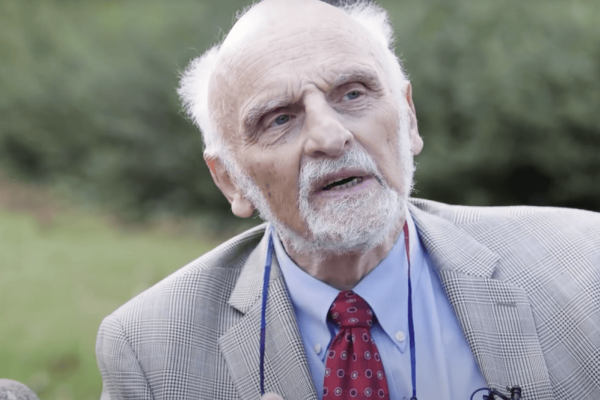Jun 11, 2025
It would be impossible for me to overstate the profound impact that Brueggemann had on justice-oriented Christians. Not only did he write more than 100 influential books of theology and biblical criticism over the course of his long career, he also wrote dozens of articles for Sojourners. There are very few theologians I can think of who taught me as much as Brueggemann did about how to read the Bible and what a deepened understanding of scripture reveals about God’s heart for justice and our ability to imagine a world beyond empire.
Read the Full Article

Already a subscriber? Login
